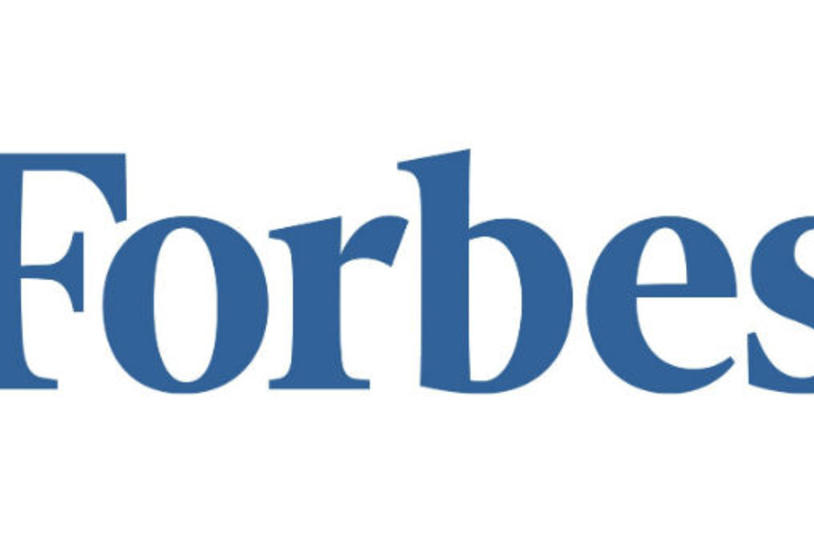
Yesterday I was going to write a blog about how the 2016 Nobel Prize in Physiology or Medicine went to Japanese biologist Yoshinori Ohsumi, PhD, for his work in autophagy; how that work relates to Parkinson's disease; and how our Foundation supports research in this area. But then Carmen Drahl at Forbes did the same, so I'll let her take it from here:
Autophagy is a process -- it’s how the cells inside your body destroy and recycle their own components ... What, exactly, does autophagy have to do with Parkinson's disease? The short answer is that scientists are still working it out. But the longer answer goes something like this: Because of today's Nobel laureate and others who followed up on his work, scientists now know that there are several kinds of autophagy at work in the body all the time, clearing out damaged proteins and components of cells, and providing materials for cells to rebuild. People with Parkinson's disease have an accumulation of a protein called alpha-synuclein in the brain. It's only one of many indicators of Parkinson's. But the idea is that there could be a way to activate or enhance the autophagy cleaning mechanism to clear away cells' accumulated protein gunk. If that were possible, then it might be possible to stop the progression of Parkinson's.
We're a long, long way from any medications. The foundation is starting with the basics. Here's a grant to scientists developing more relevant animal tests for potential Parkinson's medications, because it's important that results scientists see early on in animals be somewhat predictive of what might happen in humans with Parkinson's later.
And here's a grant to a team which has developed better test-tube-type methods to tease out molecules that might kickstart autophagy's cell cleanup process. It helps to have a decent magnifying glass when you're searching for a needle in a haystack.
More recently, here's a grant to researchers who report prototype Parkinson's disease drugs that work by controlling autophagy -- in other words, by cleaning up cellular clutter. (Scientific American calls molecules like this the Marie Kondo of the brain, after the mega-successful organization guru and author) ...
... I keep saying "we're a long way from a drug" here because it's true. But when you look at how each grant seems to build on the ones that came before, and when you think about how much more scientists know about how Parkinson's works as a result, that's cause for excitement, on some level. And that's the excitement I wish every news story about the Nobel Prize would convey to readers like you.
Thank you, Carmen Drahl, for capturing the essence of how our Foundation approaches therapeutic targets and research challenges. Read her full article.
And thank you, Dr. Yoshinori Ohsumi, for your groundbreaking work illuminating a route to potentially stop Parkinson's disease.
We'll post updates on progress in this area here on our blog and on our social media channels.
